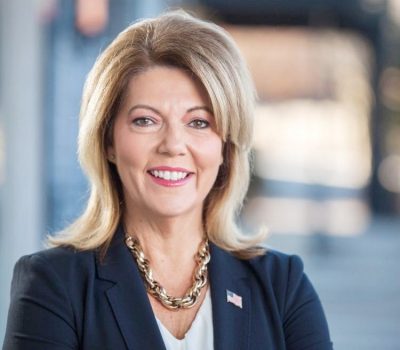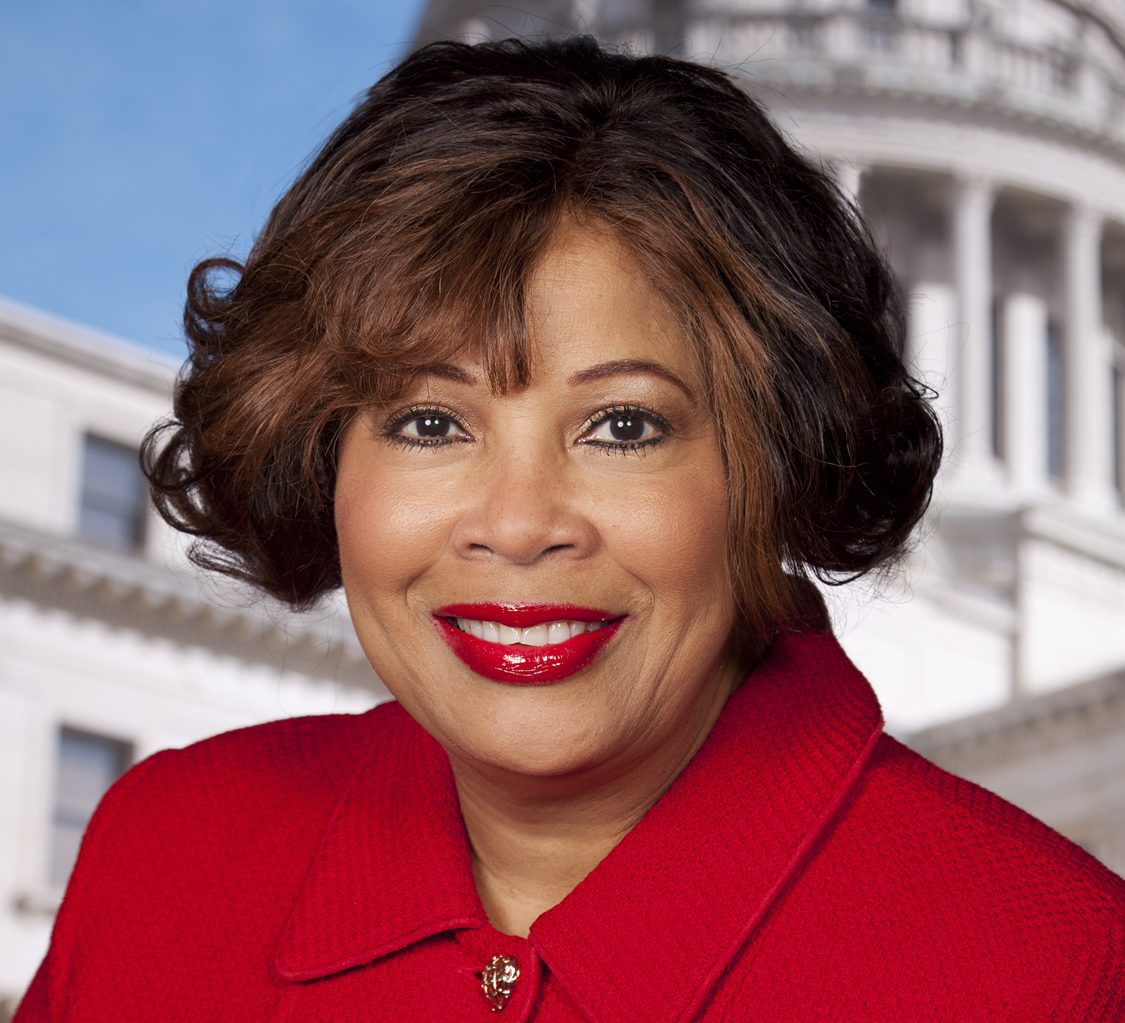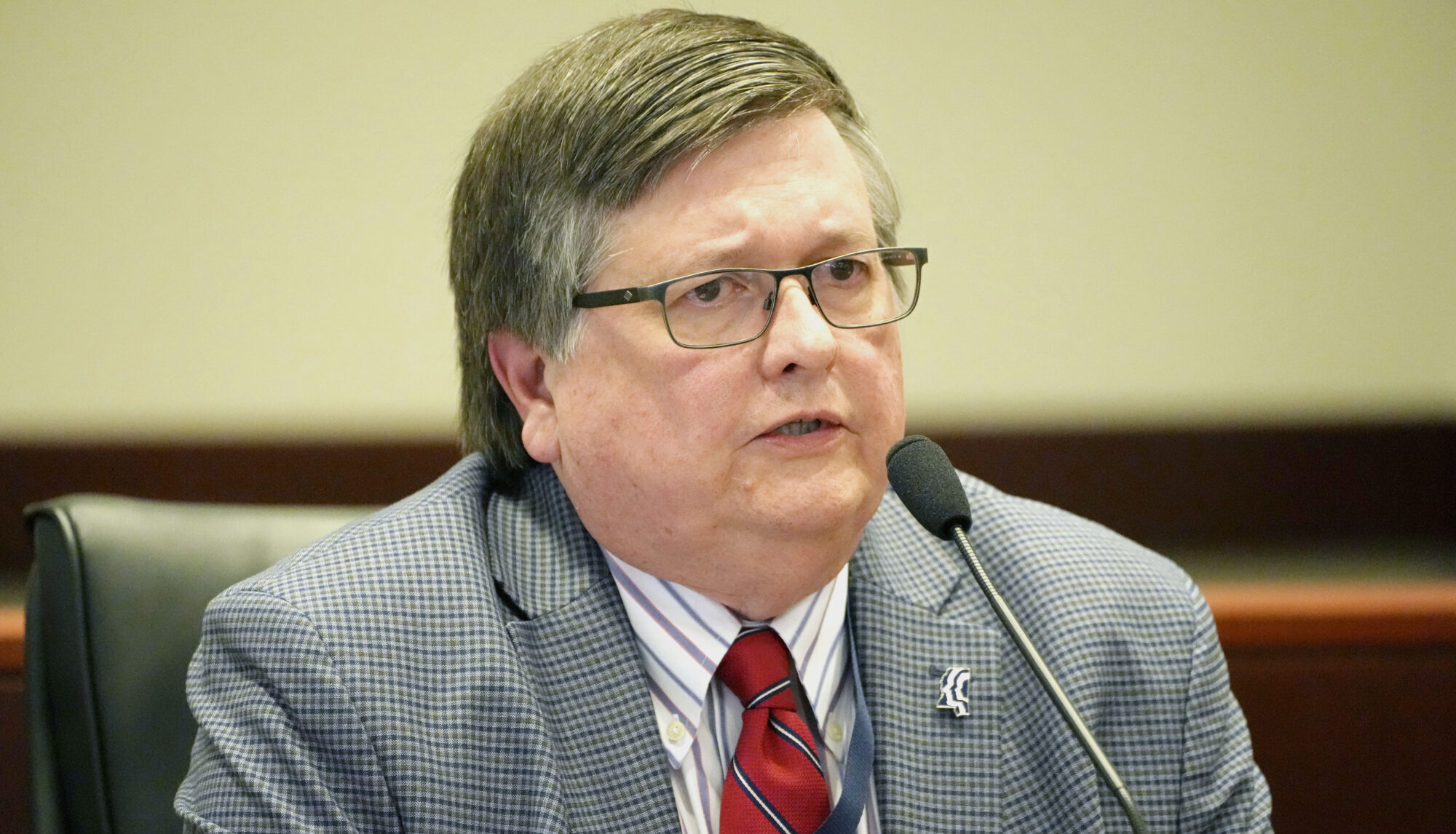
Rep. Joel Bomgar
The option to legalize medical marijuana is sitting before lawmakers during session this year after House Bill 391 was authored by Rep. Joel Bomgar of Madison.
Bomgar, a conservative, Christian, Republican says it’s time for Mississippi to join 30 other states who have legalized the sale and use of medical marijuana for healthcare purposes. He said his desire to see this form of pain relief utilized in the state, comes after watching both of his parents suffer with cancer before passing away in the early 2000’s.
As you can imagine, not everyone is on board with the legalization of marijuana. Bomgar says those opposed often assume legalizing it medically is the same thing as legalizing it on the street.
“This bill is air tight. There is no room for loop holes and medical marijuana would only be provided for patients that meet the requirements on the approved list of ailments,” said Bomgar.
The bill would only authorize three dispensaries initially and would only be provided to people with a debilitating medical condition such as: cancer, glaucoma, spastic quadriplegia, test positive for HIV, seizures, amyotrophic lateral sclerosis, Crohn’s disease, multiple sclerosis, ulcerative colitis, intractable pain, or any other approved serious medical treatment.
“The ‘snowball’ effect is a ridiculous argument. Lawmakers aren’t just going to let something happen, especially something like legalizing marijuana on for recreational purposes,” said Bomgar.
When crafting the bill Bomgar said he took the best practices of other states and incorporated them into his legislation.
Marijuana is still considered a Schedule 1 drug by the Federal Government. That means no research is permitted on its effects. However, a report done by the National Academies of Sciences, Engineering, and Medicine, states that have legalized the medical use of marijuana have 23% less problems with opioid abuse.
Bomgar said that medical marijuana actually polls well among voters, with 75 – 80 percent of them voting favorably for its legalization.
“I know this is going to be a tough sell, people are nervous and extremely risk averse,” said Bomgar.











